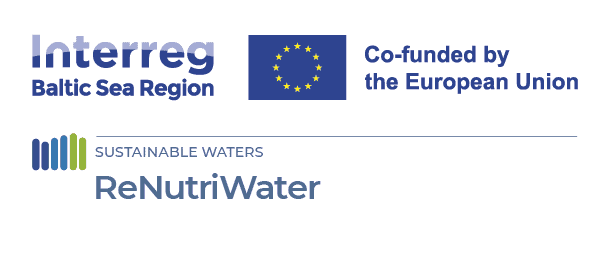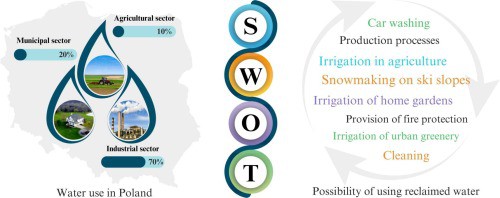
Polish Researchers Call for Circular Economy to Address Water Crisis
02 July 2025
A new study “The current state of water resources in Poland – possibilities of water reuse and management by the circular economy“ by Dominika Szołdrowska and Marzena Smol from the Mineral and Energy Economy Research Institute of the Polish Academy of Sciences warns that Poland is facing increasing pressure on its water resources due to climate change, population growth, and economic development. The researchers argue that urgent and coordinated action is needed to secure the country’s water future and propose the circular economy (CE) model as a promising solution.
According to the study, negative effects of the water deficit affect nearly all sectors of the Polish economy. Recent droughts have underscored the vulnerability of domestic water supplies, while over 90% of Poland’s surface waters fail to meet good ecological status. Agriculture remains a major contributor to pollution through the use of chemical fertilisers, further exacerbating the problem.
In response, the researchers advocate for the implementation of CE principles, which focus on water reuse, recycling, and smarter resource management. By treating wastewater as a valuable resource rather than a liability, Poland could significantly reduce its dependence on non-renewable water sources. The study also highlights the importance of water retention systems, which collect excess water during periods of surplus and return it to the environment or users during shortages.
Using a SWOT analysis, the authors identify key strengths such as existing infrastructure and policy support, as well as major challenges, including low public awareness and limited adoption of new technologies. Opportunities lie in innovation and EU support, while the ongoing threat of climate change remains a critical concern.
The study concludes that transitioning to a circular water economy could boost Poland’s environmental resilience and long-term economic stability. However, this requires not only technological and regulatory changes, but also a significant cultural shift. Raising ecological awareness and starting it already in early education, is essential to building a society capable of managing water resources sustainably in the face of accelerating environmental change.
Read the full research article here.






